The following article is shared by Ms. Pham Thi Thuong Huyen, Principal of Nguyen Ba Ngoc Primary School ( Quang Tri ):
In recent days, on social networks and in the press, there has been a lot of information about some schools having to stop or return the money mobilized from social sources to parents. In some places, just because they proposed to mobilize a few hundred thousand VND per student to build a playground or buy equipment, the school was accused of "leveling", "coercing", and then became the center of debate.
The story seems to be unique to a few schools, but in fact reflects a paradox in current educational management: When the line between right and wrong in mobilizing socialization is so fragile, it makes many schools confused and hesitant about things that originally come from goodwill for the sake of students. As the head of a primary school in a suburban area, I understand very well that "difficult situation" when the passion and responsibility of educators must go through the "narrow door" of public opinion and regulations.
Paradox from the gap between regulation and practice
In educational activities, socialization and funding for schools is a correct policy, demonstrating the spirit of "the state and the people working together". In fact, in recent years, thanks to the support of parents, alumni, businesses, etc., many schools have had more playgrounds, teaching equipment, libraries, toilets, etc., which the state budget could not meet. However, when implementing in practice, many principals have fallen into an ironic "difficult situation":
Circular 16/2018/TT-BGDDT stipulates that funding for educational institutions must be “voluntary, public, transparent, not forced, and not set at an average or minimum funding level”. This is a humane principle, aiming to ensure freedom and equality for parents.

But in reality, if the school does not provide an estimated number or level of mobilization, it is difficult for parents to visualize the scale of the project, or understand clearly how much contribution is needed to make the project feasible. The result is that the mobilization is fragmented, there are not enough resources to complete the project, leading to unfinished projects, parents who are enthusiastic to support also feel disappointed, and the leaders are considered "lacking organizational capacity".
Conversely, if schools publicly disclose their expectations, they may be deemed wrong. And when just a few comments are made, social media can make any effort a focus of suspicion. That is the paradox.
When silence is not the solution
Faced with the wave of public opinion about 'overcharging', many schools have chosen to stop for safety. But safety is not the goal of education. When public opinion becomes a barrier that educators are afraid to confront, correct policies are difficult to implement, and students are the ones who suffer the most. The principal does not expect "privileges", only a clear enough legal framework and a strong enough belief to be able to do the right thing without having to worry about misunderstandings.
Need solutions: Both immediate solutions and long-term solutions
In the immediate future, the Ministry of Education and Training should shift from a mindset of “tight management” to “transparent management” in socialization activities. It is necessary to issue specific guidelines on:
Items allowed to be mobilized.
Limit the contribution level according to each region,
And allow schools to publicly disclose their expected mobilization levels with independent monitoring mechanisms from parent representatives and local authorities.
When all information is made public, society will be able to distinguish between “overcharging” and “proper mobilization”, for the sake of students, not for any other benefit. Transparency not only protects parents, but also protects educators who are acting for the right thing. However, in the long term, a more fundamental step is needed: the State must gradually ensure basic educational conditions for all schools, narrowing the gap between places with a lot of investment and places with shortages.
Only when teachers and principals do not have to worry about "asking for permission", can they fully focus on teaching and educational innovation.
Education is the cause of the whole people, and socialization is a temporary solution.
But a sustainable education must be based on trust, fairness and consistent investment from the State, not on teachers' tolerance of public pressure.
Education cannot thrive on fear. A healthy education needs people who dare to do the right thing, and a just society needs to appreciate them.
Source: https://vietnamnet.vn/khong-chi-la-chuyen-tien-loi-nguoi-hieu-truong-trong-tam-bao-lam-thu-2455186.html


![[Photo] The Third Patriotic Emulation Congress of the Central Internal Affairs Commission](https://vphoto.vietnam.vn/thumb/1200x675/vietnam/resource/IMAGE/2025/10/30/1761831176178_dh-thi-dua-yeu-nuoc-5076-2710-jpg.webp)
![[Photo] General Secretary To Lam attends the Vietnam-UK High-Level Economic Conference](https://vphoto.vietnam.vn/thumb/1200x675/vietnam/resource/IMAGE/2025/10/30/1761825773922_anh-1-3371-jpg.webp)



![[Photo] Prime Minister Pham Minh Chinh attends the 5th National Press Awards Ceremony on preventing and combating corruption, waste and negativity](https://vphoto.vietnam.vn/thumb/1200x675/vietnam/resource/IMAGE/2025/10/31/1761881588160_dsc-8359-jpg.webp)
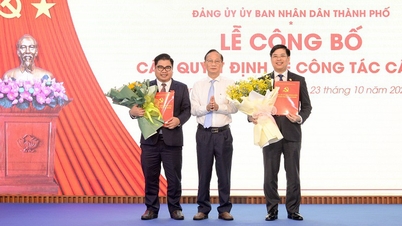

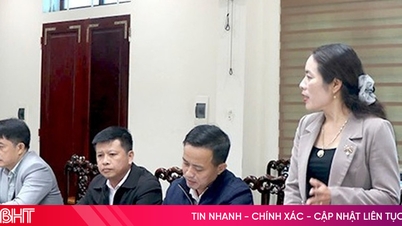

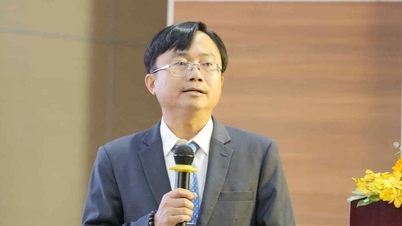
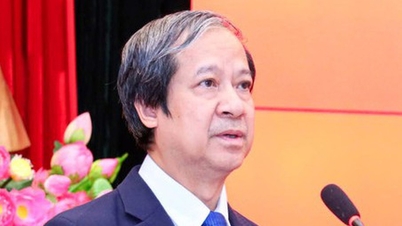

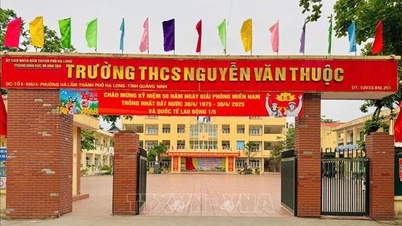

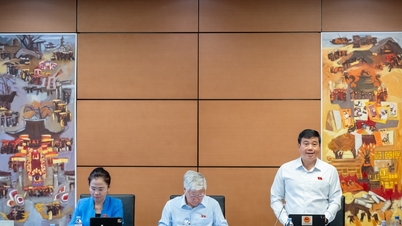

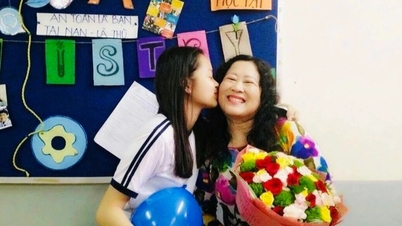

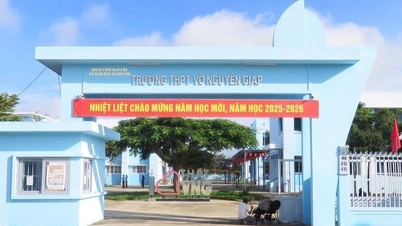


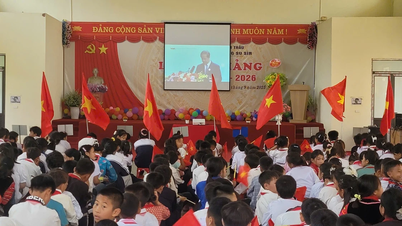
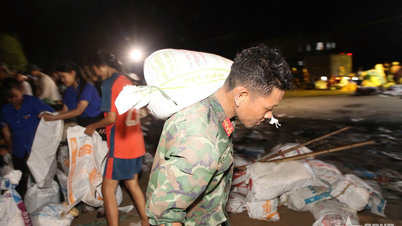

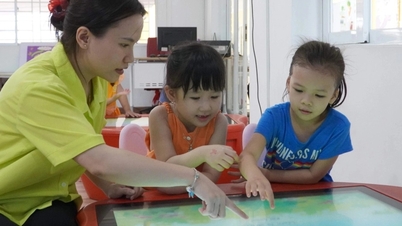






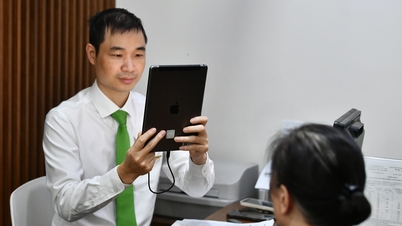


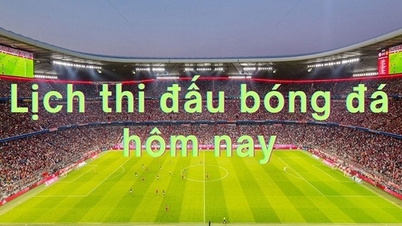














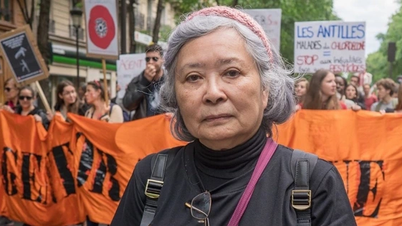

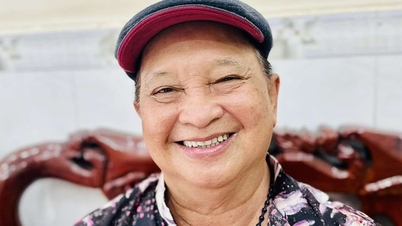

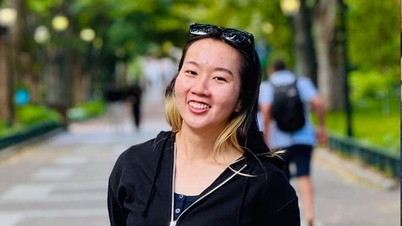






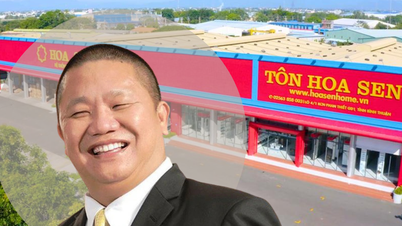











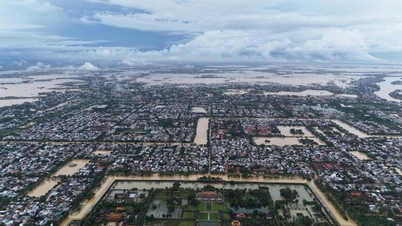


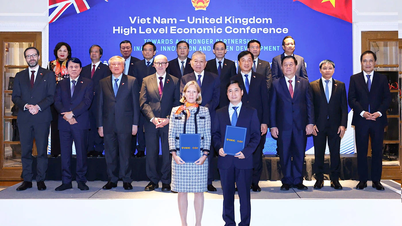

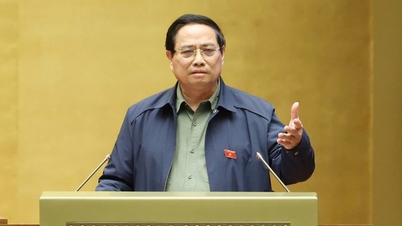


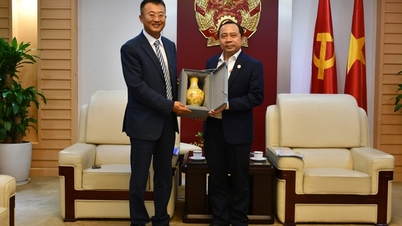
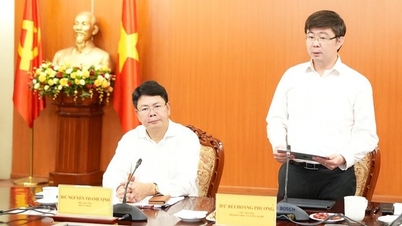
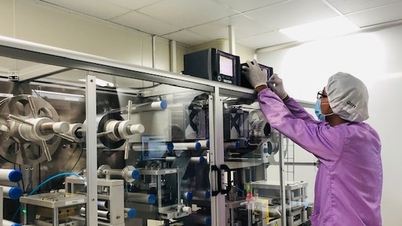
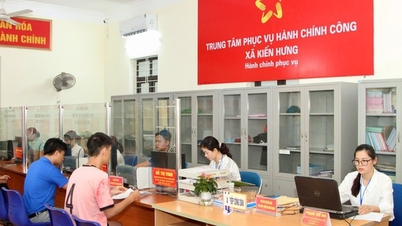
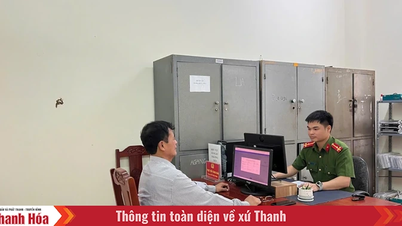

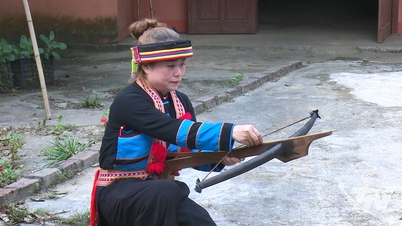





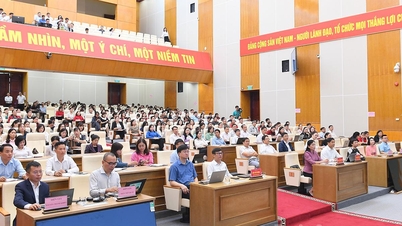














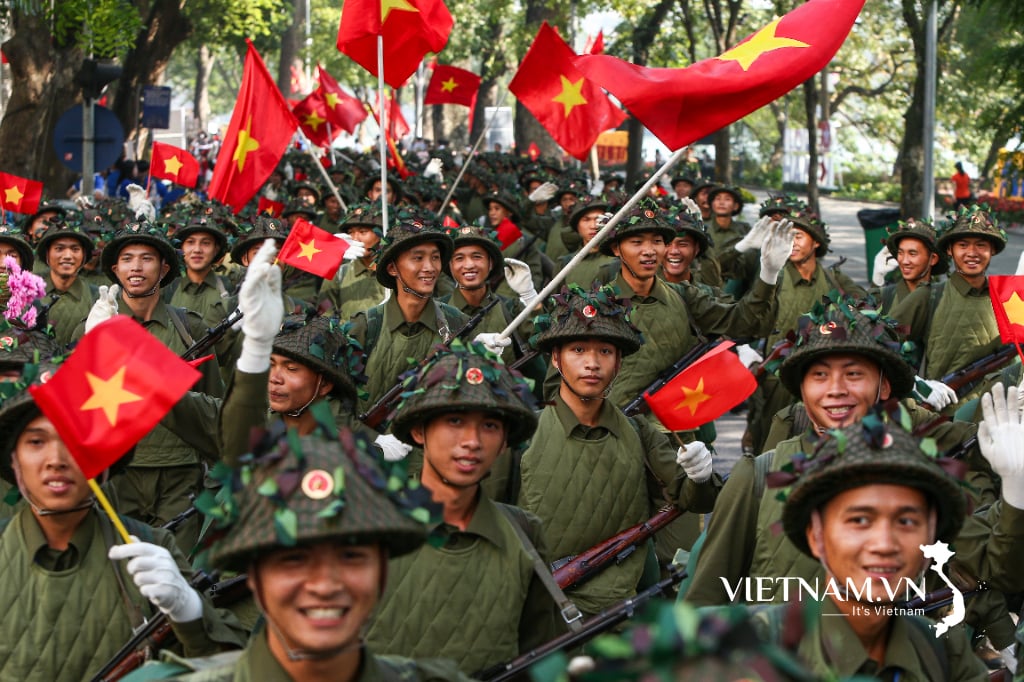



Comment (0)